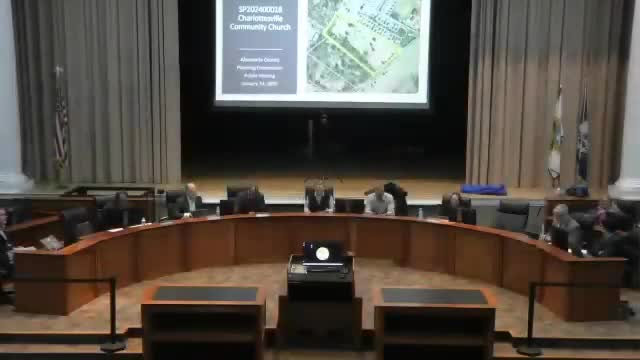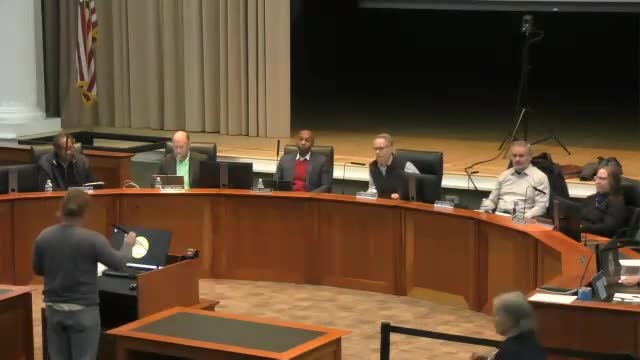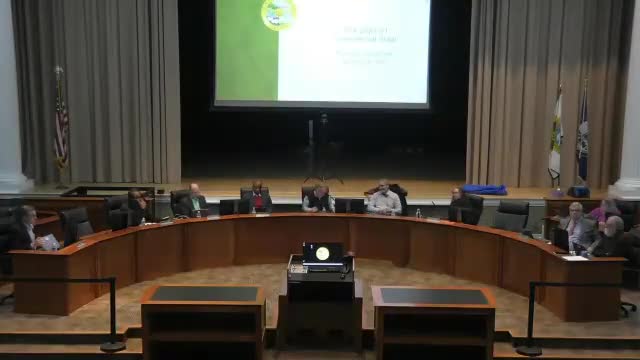Article not found
This article is no longer available. But don't worry—we've gathered other articles that discuss the same topic.

Planning Commission approves special-use permit for Charlottesville Community Church with conditions; neighbors seek screening

Residents press county to address biosolids and PFAS testing; staff cite limits under state DEQ rules

